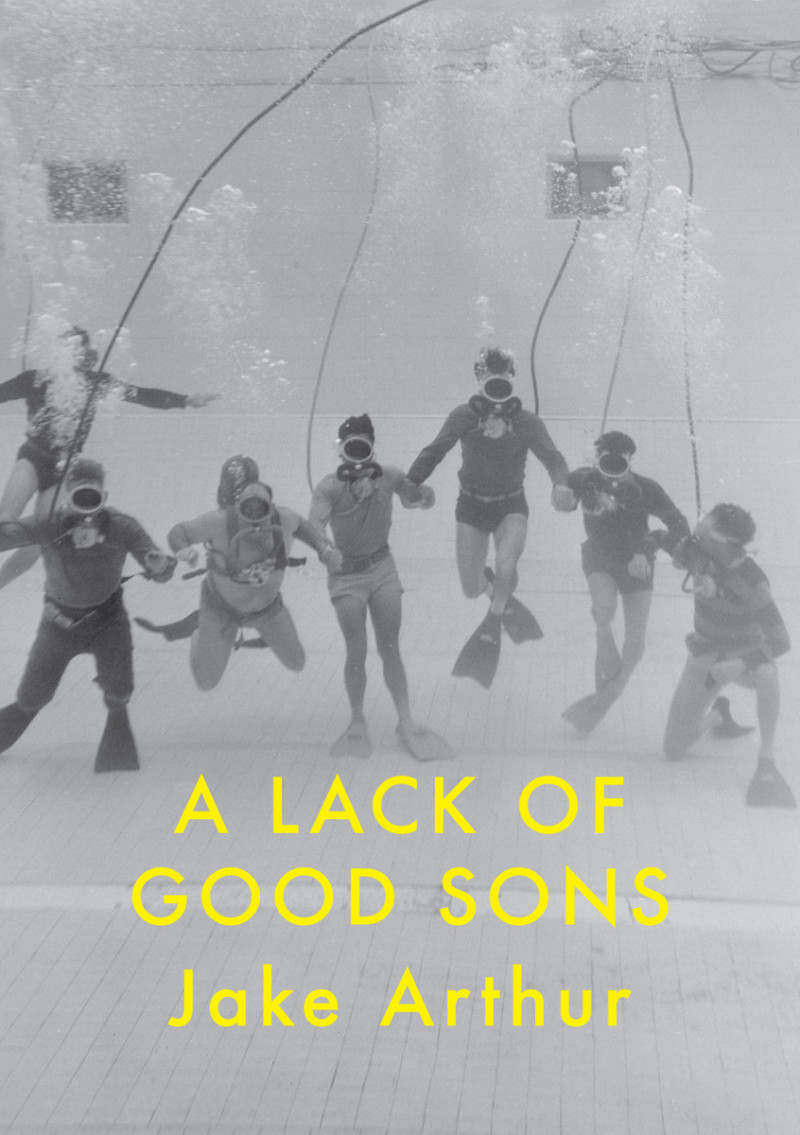A Lack of Good Sons
Written by: Jake Arthur
Te Herenga Waka University Press
Reviewed by: Margaret Austin
Jake Arthur has dwelt in many universes, and in many guises. So says his poetry. A Lack of Good Sons transports us from the startling to the outwardly mundane, through the mythic and the biblical to the romantic. And he has a turn of phrase wondrously suited to his subjects.
Take the opening poem Jim Nevis. A vividly descriptive narrative about a neighbour’s behaviour from a young boy’s point of view captures curiosity, puzzlement, and eventual understanding in concrete everyday language. It’s impossible not to envisage the neighbour’s “sagging bottom, his hairy back” or “his chest hair that ran down like seaweed”.
Hair is about exactly that. It’s short – utterly unlike the unruly mane of the writer! I loved the metaphorical “My follicles had a condition / extra hard workers that don’t know when to quit”. The ending couplet comes as a wistful surprise.
Talking of wistfulness, Hand-eye coordination superbly captures an older woman’s longing for a young man’s body. “She wants him some time in the next now”. What economy of words to express such a sensation so perfectly! We fear for the young man’s virginity, but not to worry – a marvellous metaphor concludes with “and the boy over the road is safe again”.
Bare Choirs, though it may conjure up unintended visions, is a beautifully imagined nostalgic reflection on a ship mast’s former life as a tree. “But here it is, sawn and shorn, / grafted to these unnaturally arranged / woods from far-flung places”. We know that trees can’t feel – or can they?
I especially appreciate that Arthur provides an ending or a rounding off to most of his poems. I think a poem has to go somewhere, not just trail off inconclusively. An excellent example of this is Encounter. It’s a narrative, intriguing visually as well as verbally, and it ends with a philosophically wry reflection.
It’s a current fashion that poetry collections should centre on a particular theme. I am glad that this writer sees no reason to do so.
View more reviews:
« Click here


